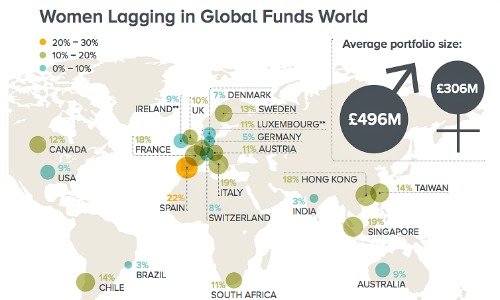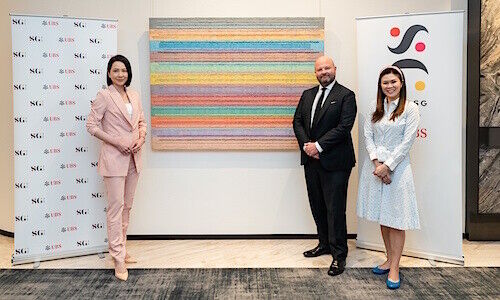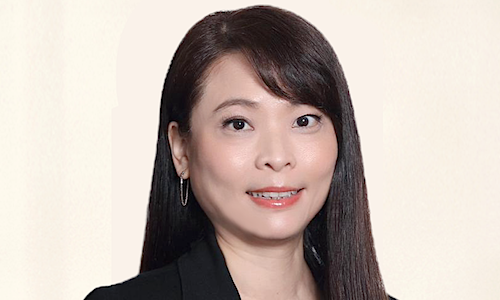The fund industry, like many other financial sector, remains a male-dominated bastion.
The debate over discrimination against women, and their lack of business career opportunities has again bubbled to the surface after Google fired an employee over a memo opposed to diversity programs and hiring practices, highlighting the gender stereotyping.
Women remain woefully underrepresented in senior roles at firms in Asia, where they are more likely to leave their employer mid-career than any other industry.
Female Quota Stands At 10 Percent
In reality, the situation in the financial sector is indeed sobering, and particularly in the fund management branch. Data from the British fund analysis group Citywire shows that of 15,300 fund managers, 13,540 are male and only 1,615 female – a female ratio of just 10 percent.
Thus the gender gap remains as wide as it was a year ago, Citywire said in its latest «Alpha Female Report 2017». The report also looks at funds managed exclusively by women and exclusively by men, and finds the gap even wider at 809 women versus 12'597 men.
Problems With the Male Culture
Men also dominate as far as the size of funds managed are concerned. Women on average manage funds with volumes worth around 386 million Swiss francs, while the male managed average is 627 million francs.
The reason for this imbalance doesn’t lie with the performance levels, but rather with the male dominated culture in the fund management sector. Ninety-nine out of 100 women who leave the industry cite the male culture issue as the reason for doing so, according to Ann Richards, Chief Executive of the British Fund Group M&G.

Looking at regional gender gaps, the picture remains the same, although the male dominance varies in different countries and regions. In Spain, the percentage of women in fund management is the highest at 22 percent, followed by Italy and France at 19 percent and 18 percent respectively.
In the Asian region, the ratio of women active in the industry in Singapore, Hong Kong and Taiwan also comes in above the average.
The gender issue is being tackled at UBS. According to its five-year plan, published earlier this year, the bank plans to increase its female ratio, and more weight will be given to the female perspective in advisory work, as finews.asia reported.


























